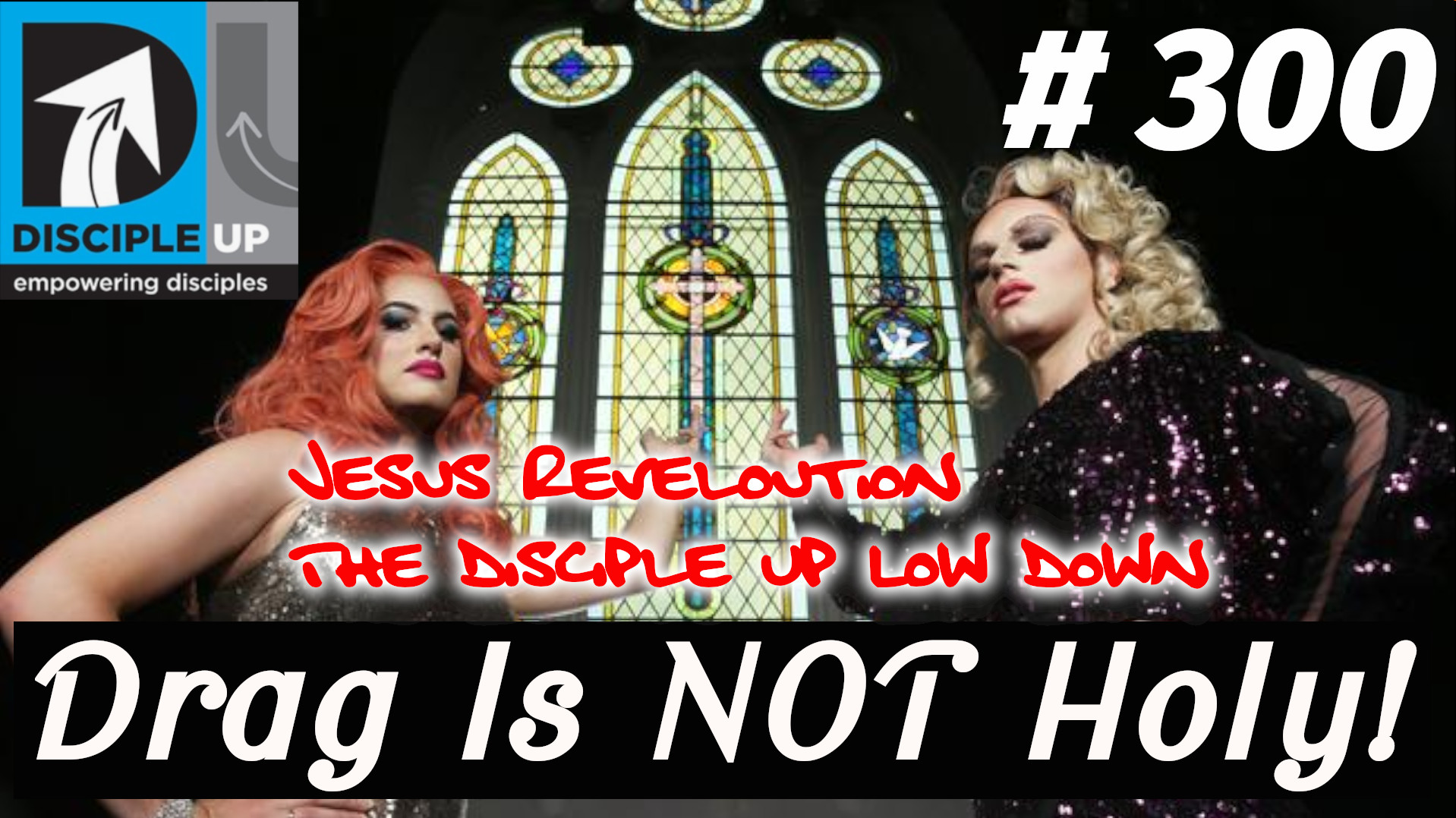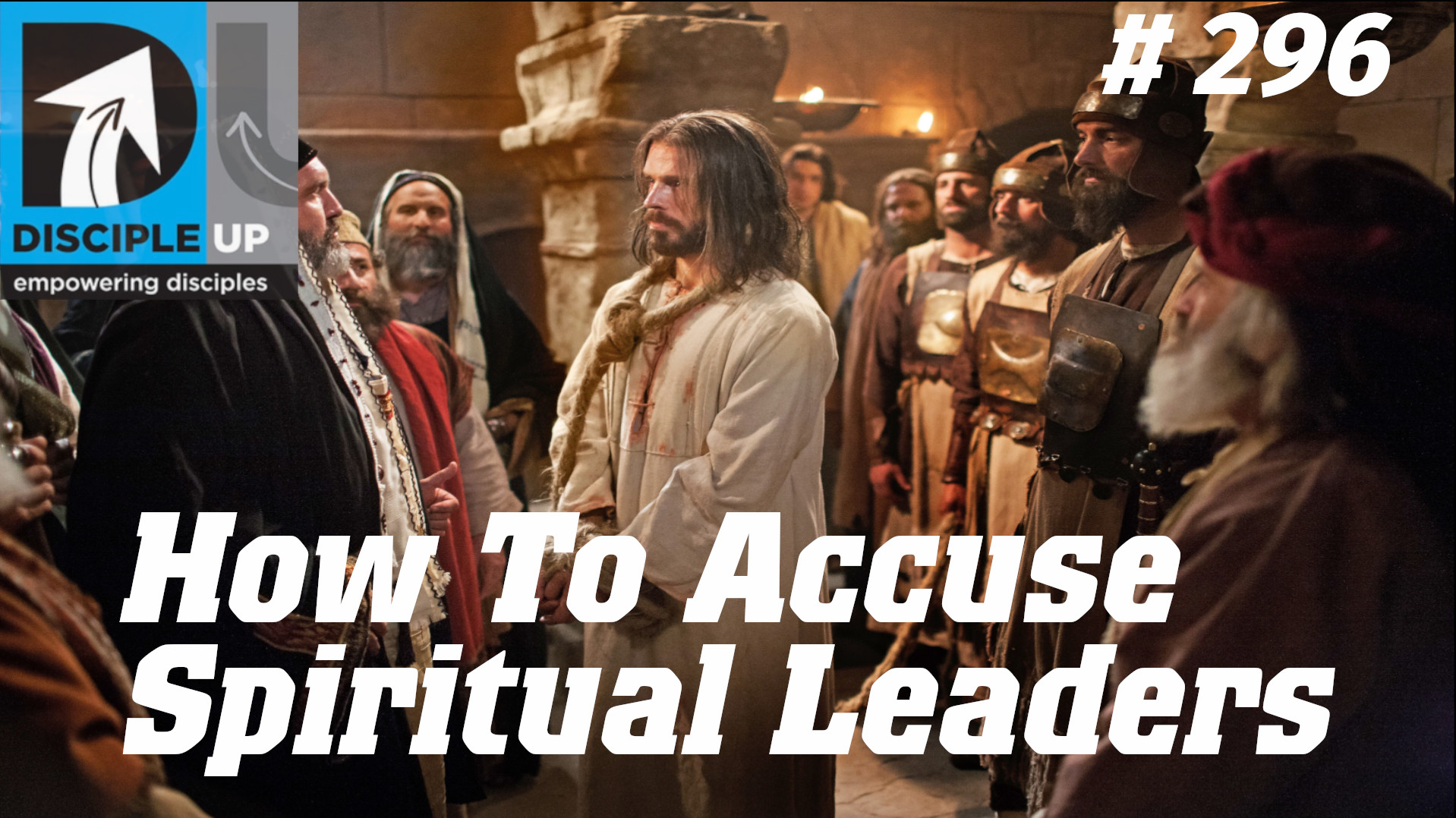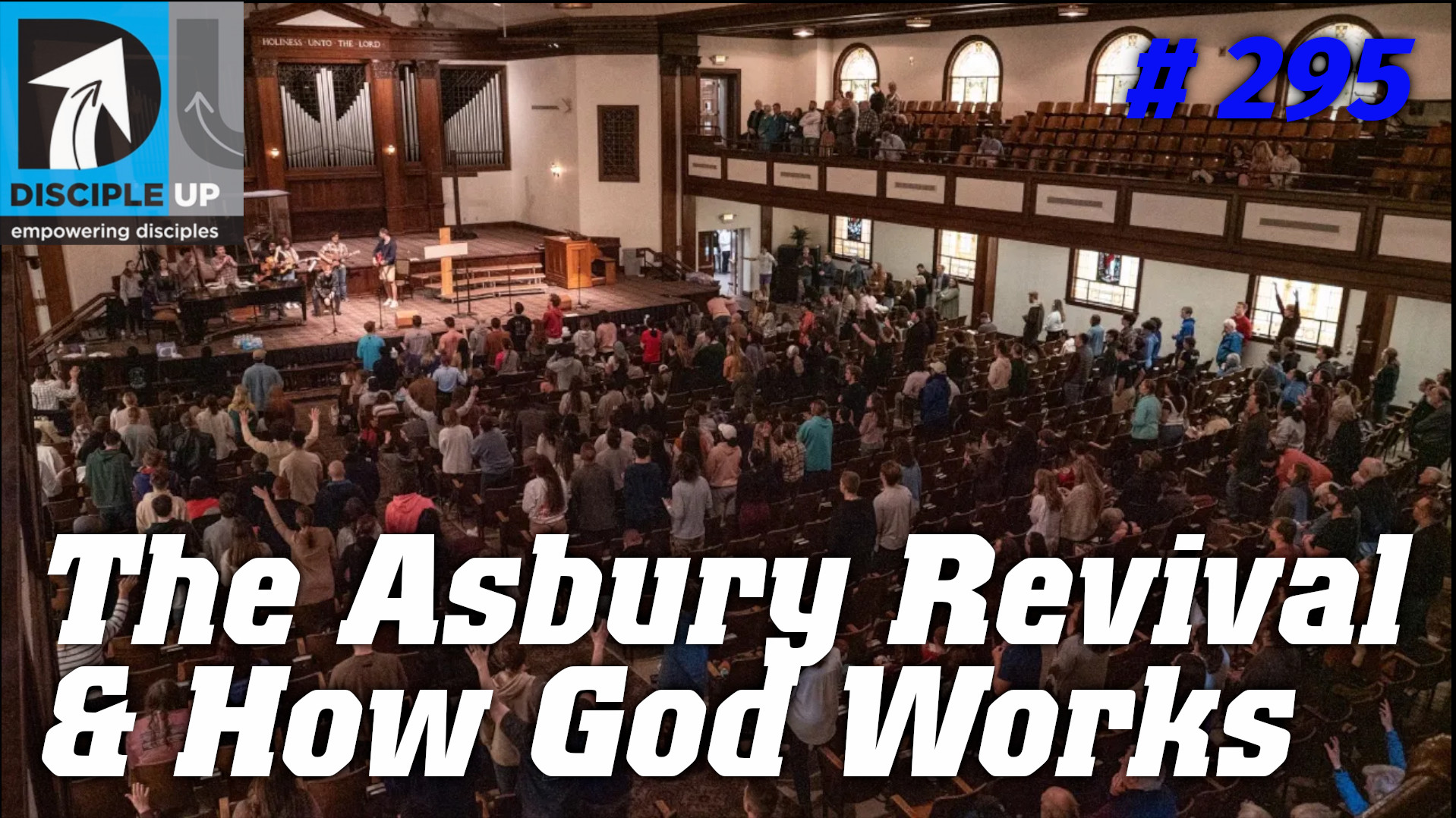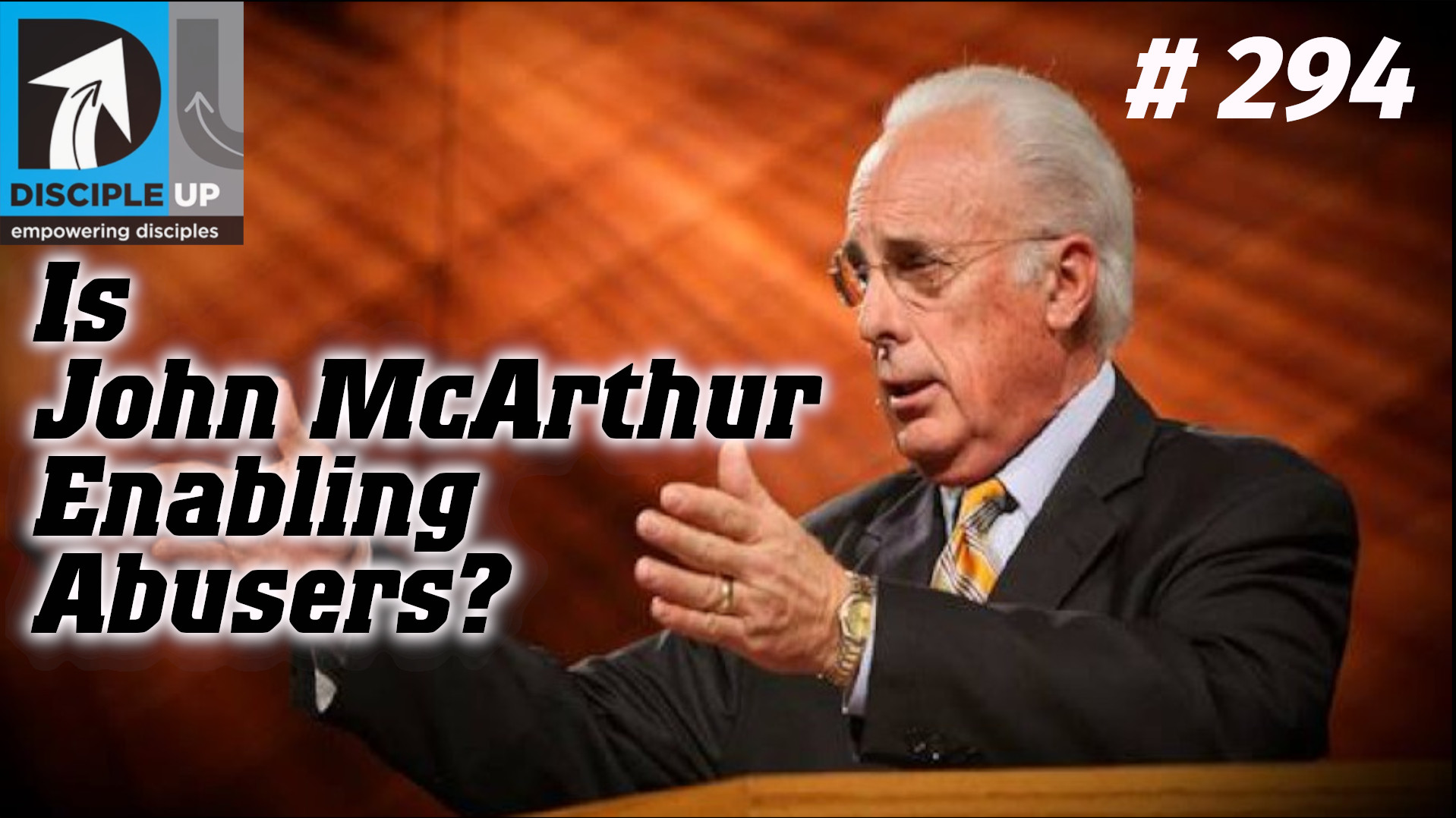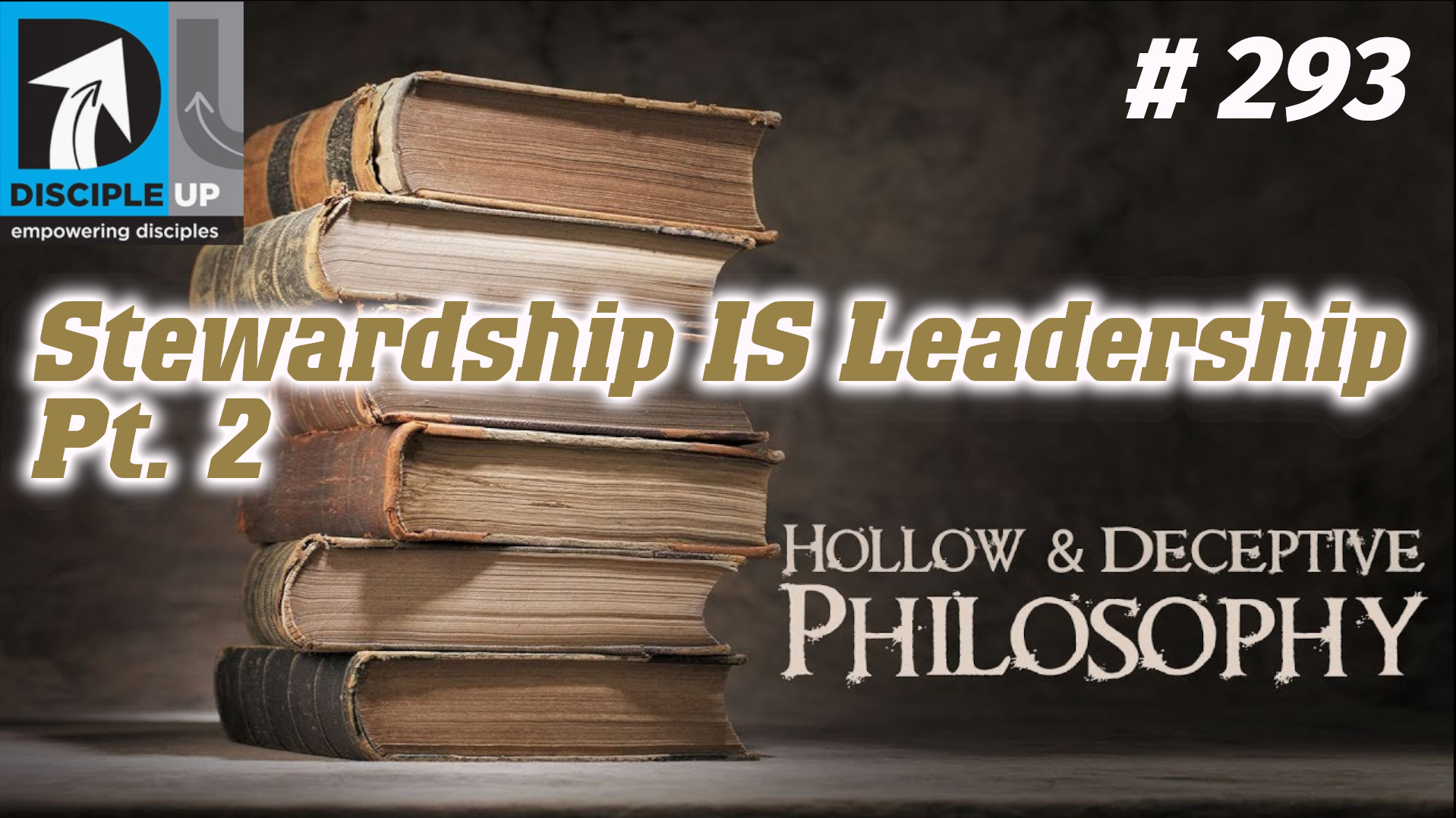Disciple Up #301
Gospel Betrayal & a Hiatus
By Louie Marsh, 4-10-2023
Links Used in the show:
https://dailycaller.com/2023/04/04/pastor-nashville-shooters-trans-identity-jesus-crucifixion/
Pastor Compares Nashville Shooter’s Trans Identity To Jesus’ Crucifixion
A Lutheran pastor appeared to compare Jesus’ crucifixion with the transgender Nashville school shooter in a sermon delivered just days after the attack.
Pastor Micah Louwagie, who leads the St. Mark’s Lutheran Church in Fargo, North Dakota, delivered a sermon on Palm Sunday discussing Jesus’ crucifixion and how it was “baffling” that “someone’s existence can be so threatening” that they should be killed. Louwagie then claimed that those who point to 28-year-old Nashville school shooter Audrey Hale’s transgender identity as a potential motive for the shooting are calling for the “eradication of trans folks,” just like those who called for Jesus’ death
“The chief priests and the whole counsel were looking for false testimony against Jesus so that they might put him to death, those leaders were looking for any excuse, valid or not, to crucify Jesus,” Louwagie said. “They would kill the one whose reputation as a teacher and healer and whose mission of love and dignity was so very threatening to their own reputation that they needed to kill him in order to preserve their own good image. There are a significant number of people who have deemed that the fact that the Nashville shooter happened to be a trans person, so it’s been reported, is just the excuse they need to call for the eradication of trans folks.”
I wondered if the mainline response to Nashville would be a little less crazy than usual, but nope, we’ve already got a tortured analogy linking Jesus’ crucifixion to the transgender mass shooter pic.twitter.com/ULm1xi9BoV — Woke Preacher Clips (@WokePreacherTV) April 3, 2023
Louwagie later went on to criticize the lack of focus on “gun violence” and that “six people were dead.” The pastor said that the desire to cause “harm” to certain communities “has happened before,” citing the Holocaust, Japanese internment camps during World War II, racial segregation and “migrants being held in cages.”
“Jesus did not die for this,” Louwagie said. “Jesus did not die so violence could be perpetuated in God’s name, Jesus did not die for access to guns. God incarnate did not die on that cross so that people could value money, power, and the preservation of their own image over the bodies and lives of people. Actually, I’m pretty sure that’s what Jesus died to free us from, so why are we still not free?”
Second Link Used: https://www.milarch.org/walter-reed-national-military-medical-center-terminates-catholic-pastoral-care-contract-during-holy-week/
Walter Reed National Military Medical Center Terminates Catholic Pastoral Care Contract During Holy Week
Move violates First Amendment Right to Free Exercise of Religion
APRIL 7, 2023
WASHINGTON, DC – Walter Reed National Military Medical Center has issued a “cease and desist order” to Holy Name College, a community of Franciscan Catholic priests and brothers, who have provided pastoral care to service members and veterans at Walter Reed for nearly two decades.
The government’s cease and desist order directed the Catholic priests to cease any religious services at Walter Reed National Military Medical Center. This order was issued as Catholics entered Holy Week, the most sacred of days in the Christian faith, in which they participate in liturgies remembering Jesus’ passion, and leading the Church to celebrate the Resurrection on Easter morning.
The Franciscans’ contract for Catholic Pastoral Care was terminated on March 31, 2023, and awarded to a secular defense contracting firm that cannot fulfill the statement of work in the contract. As a result, adequate pastoral care is not available for service members and veterans in the United States’ largest Defense Health Agency medical center either during Holy Week or beyond. There is one Catholic Army chaplain assigned to Walter Reed Medical Center, but he is in the process of separating from the Army.
His Excellency, the Most Reverend Timothy P. Broglio, J.C.D., Archbishop for the Military Services, condemned the move as an encroachment on the First Amendment guarantee of the Free Exercise of Religion. Archbishop Broglio said: “It is incomprehensible that essential pastoral care is taken away from the sick and the aged when it was so readily available. This is a classic case where the adage ‘if it is not broken, do not fix it’ applies. I fear that giving a contract to the lowest bidder overlooked the fact that the bidder cannot provide the necessary service. I earnestly hope that this disdain for the sick will be remedied at once and their First Amendment rights will be respected.”
Please Get In Touch!
Email – louie@discipleup.org

Check out the Disciple Up Facebook page:
My books –










